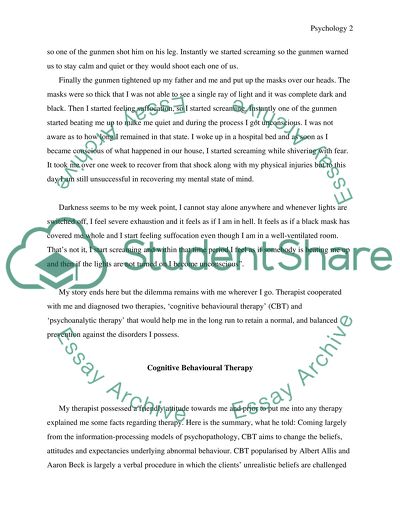Cite this document
(“Psychology/ counselling Case Study Example | Topics and Well Written Essays - 1500 words”, n.d.)
Retrieved from https://studentshare.org/psychology/1500207-psychology-counselling
Retrieved from https://studentshare.org/psychology/1500207-psychology-counselling
(Psychology/ Counselling Case Study Example | Topics and Well Written Essays - 1500 Words)
https://studentshare.org/psychology/1500207-psychology-counselling.
https://studentshare.org/psychology/1500207-psychology-counselling.
“Psychology/ Counselling Case Study Example | Topics and Well Written Essays - 1500 Words”, n.d. https://studentshare.org/psychology/1500207-psychology-counselling.


